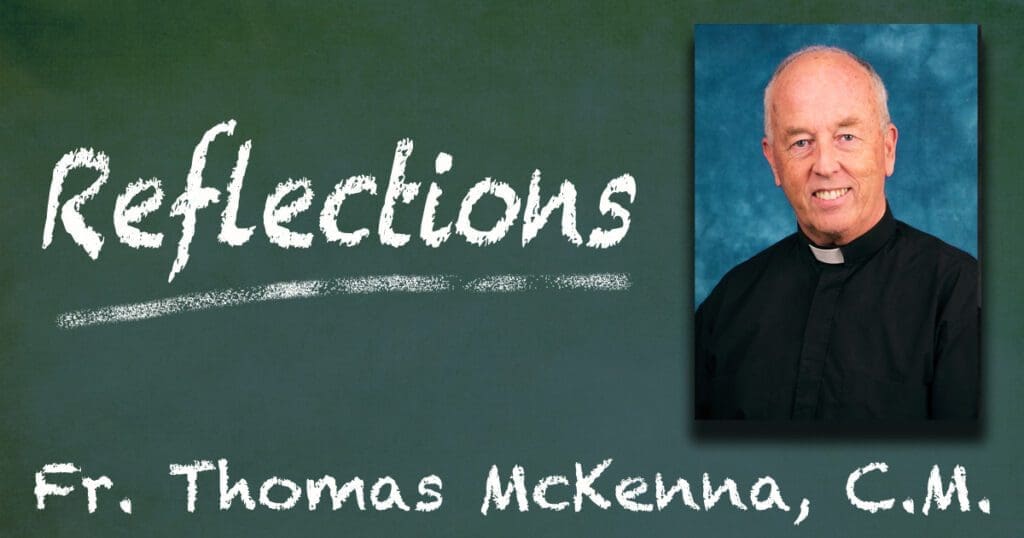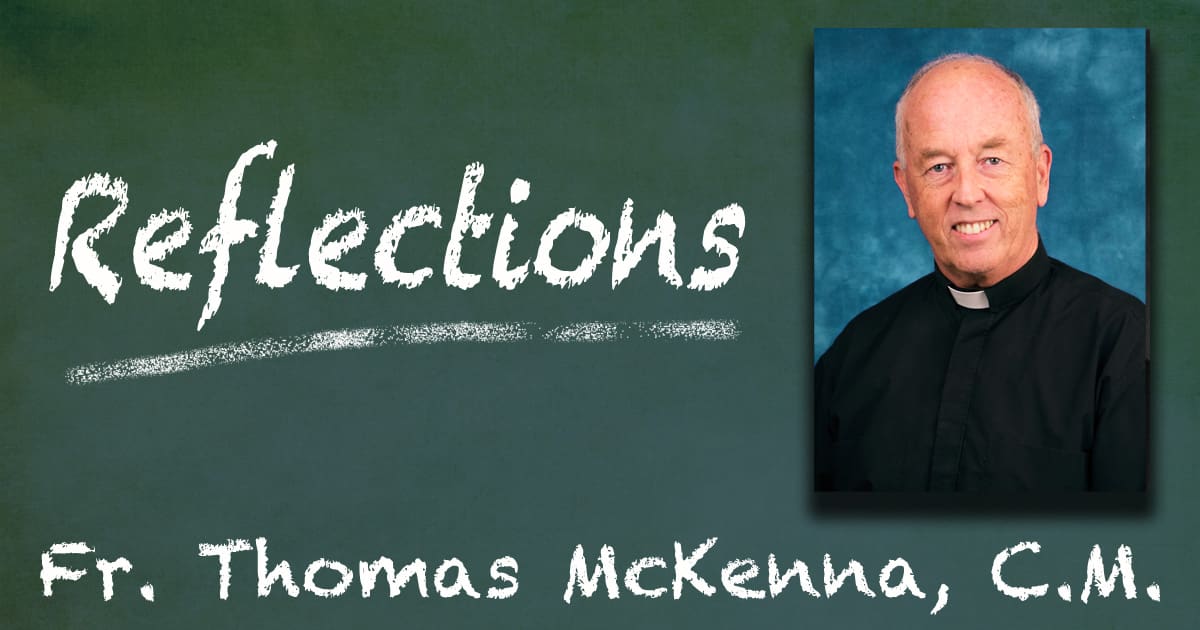Receiving Me (2 Kings,4; Mt 10:40)
Two agitated men, just coming from a disastrous happening, were walking down a country road and pouring out their shared troubles. Each was focused on his own grief, but each was also was taking in the pain of the other.
A stranger starts to walk along with them. At first they resent his interrupting, but resisting the impulse to ignore him they open up and take him in. Later that evening as they sit down to a shared supper, this stranger reveals himself as the Resurrected Lord, Jesus.

You recognize this as the story of those two disciples on the road to Emmaus. But you also might spot a similar plot line in the story of Elisha the prophet (2 Kings, 4) — another tale of what can happen when people choose to take in a stranger. The ones offering the hospitality come to discover the blessing of God’s presence coming to them in the person of this welcomed-in stranger.
Both stories are instances of the principle Jesus lays out in Matthew’s 10th chapter. “Whoever receives you is receiving me. When you welcome someone, particularly someone unknown, when you include one who had been excluded, it’s Me you’re including,” says Jesus. In other words, there’s a touch of God’s favor and presence in the people all around us. “Who receives you, receives me.” Jesus expands this inclusion with his words, “Whoever receives me receives the one who sent me.”– God my loving Father.
So many of the charitable works and projects all through the centuries have sprung from this awareness: in receiving the other, especially the stranger, we are at the same time receiving the God who is present in them. Or as Jesus himself underlines elsewhere, “when you give a cup of cold water to a thirsty person, you’re also giving it to me.”
No one in our Family would miss the Vincentian thread running through this. In countless ways St. Vincent draws on its truth, seeing Christ walking alongside him, especially in the poor and neglected traveller.
This identification — Jesus present in us and those around us especially the stranger — has stirred the hearts and energies of believers from the beginning. Those two men welcoming that interloper on the Emmaus road were just the first of millions whose eyes have opened to God’s nearness in the needy neighbor.
At a certain juncture in that inclusive meal, the “breaking of the bread,” those two disciples came to realize it was Jesus there with them. Isn’t that the invitation all of us receive every time we come around the table of the Eucharist and share in the life and death — and especially the new life — of Our Lord Jesus Christ.







0 Comments